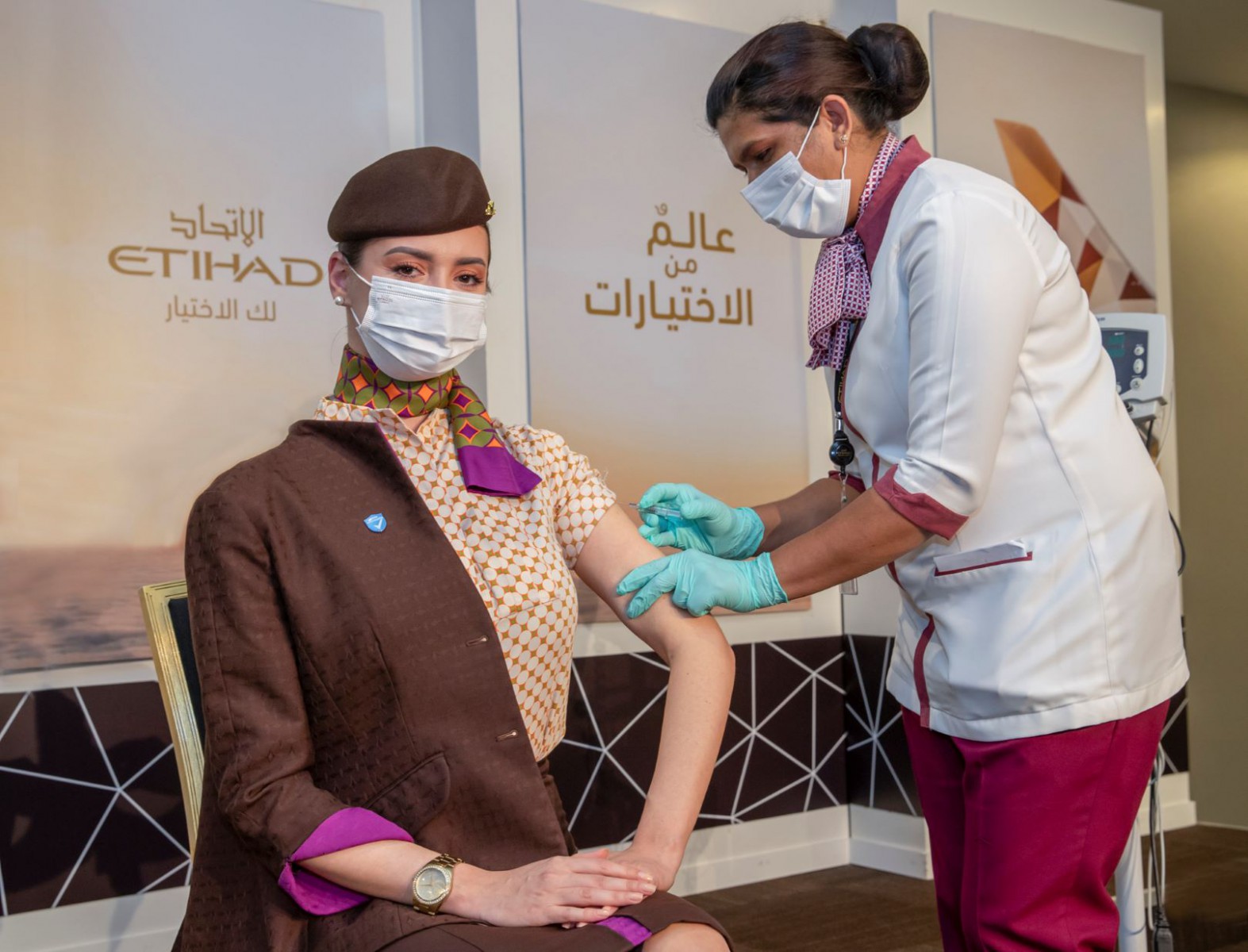Airlines urge green light for vaccinated travellers
03 June, 2021
3 min read
By joining our newsletter, you agree to our Privacy Policy


The airline's lead industry body the International Air Transport Association (IATA) has urged governments to give the green light for vaccinated travelers.
In a global conference, IATA said data-driven decisions should manage the risks of COVID-19 when reopening borders to international travel.
Willie Walsh, IATA’s director-general said that strategies without quarantine measures can enable international travel to restart with a low risk of introduction of COVID-19 to the travel destination.
“Data can and should drive policies on restarting global travel that manages COVID-19 risks to protect populations, revive livelihoods and boost economies. We call on the G7 governments meeting later this month to agree on the use of data to safely plan and coordinate the return of the freedom to travel which is so important to people, livelihoods, and businesses.” Mr. Walsh said.
READ Qatar Airways gives you flexibility for your next trip
IATA said that evidence continues to show that vaccination protects travelers from serious illness and death, and carries a low risk of introducing the virus into destination countries.
It cites the European Centre for Disease Control and Prevention (ECDC) which has issued interim guidance on the benefits of full vaccination stating that “the likelihood of an infected vaccinated person transmitting the disease is currently assessed to be very low to low.”
And the US Centers for Disease Control and Prevention (US CDC) states that “with a 90 percent effective vaccine, pre-travel testing, post-travel testing, and 7-day self-quarantine provide minimal additional benefit.”
The Canadian Testing and Screening Expert Advisory Panel recommends that vaccinated travelers do not need to be quarantined and the Public Health England study has concluded that two doses of the COVID-19 vaccines are highly effective against COVID-19 variants of concern.
“Many governments continue to require universal quarantine—either hotel-managed or self-managed. This impedes the freedom of movement, discourages international travel, and destroys employment in the travel and tourism sector," Mr. Walsh said.
"We now have more than a year of global data that can help governments make more targeted decisions on international travel. This can keep the risk of importing COVID-19 cases low—including variants of concern—while restarting international travel with minimal infringement on the ability to live normal work and social lives. Importantly, lives that include travel,” Mr. Walsh added.
IATA has teamed up with Airbus and Boeing to demonstrate potential methodologies to manage the risks of COVID-19 to keep populations safe while restarting global connectivity.
Airbus has demonstrated that the risk of transmission can be significantly reduced by "layering and overlapping several preventive and protective measures" that are now available.
“There is no one-size-fits-all solution to managing the various levels of risk. The economic and social cost of the blanket measures taken by most governments to date has been unnecessarily high. With this modeling, we are demonstrating that we can be smart with calibrated travel policies that address the risks, enable travel, and protect people. Everybody can respect a data-driven decision. That is the way back to normality,” Mr Walsh said.
He added that no single government action can drive recovery for international travel and while the G20 Tourism Ministers have endorsed a data-driven approach to reopening borders it needs the G7 to take leadership by agreeing to work together to use the enormous amounts of data collected since the start of COVID-19 to drive a recovery effort.
"Critically that must restore the freedom to travel for tested or vaccinated persons while avoiding quarantine measures for the vast majority of travelers," Mr. Walsh said.
Get the latest news and updates straight to your inbox
No spam, no hassle, no fuss, just airline news direct to you.
By joining our newsletter, you agree to our Privacy Policy
Find us on social media
Comments
No comments yet, be the first to write one.


